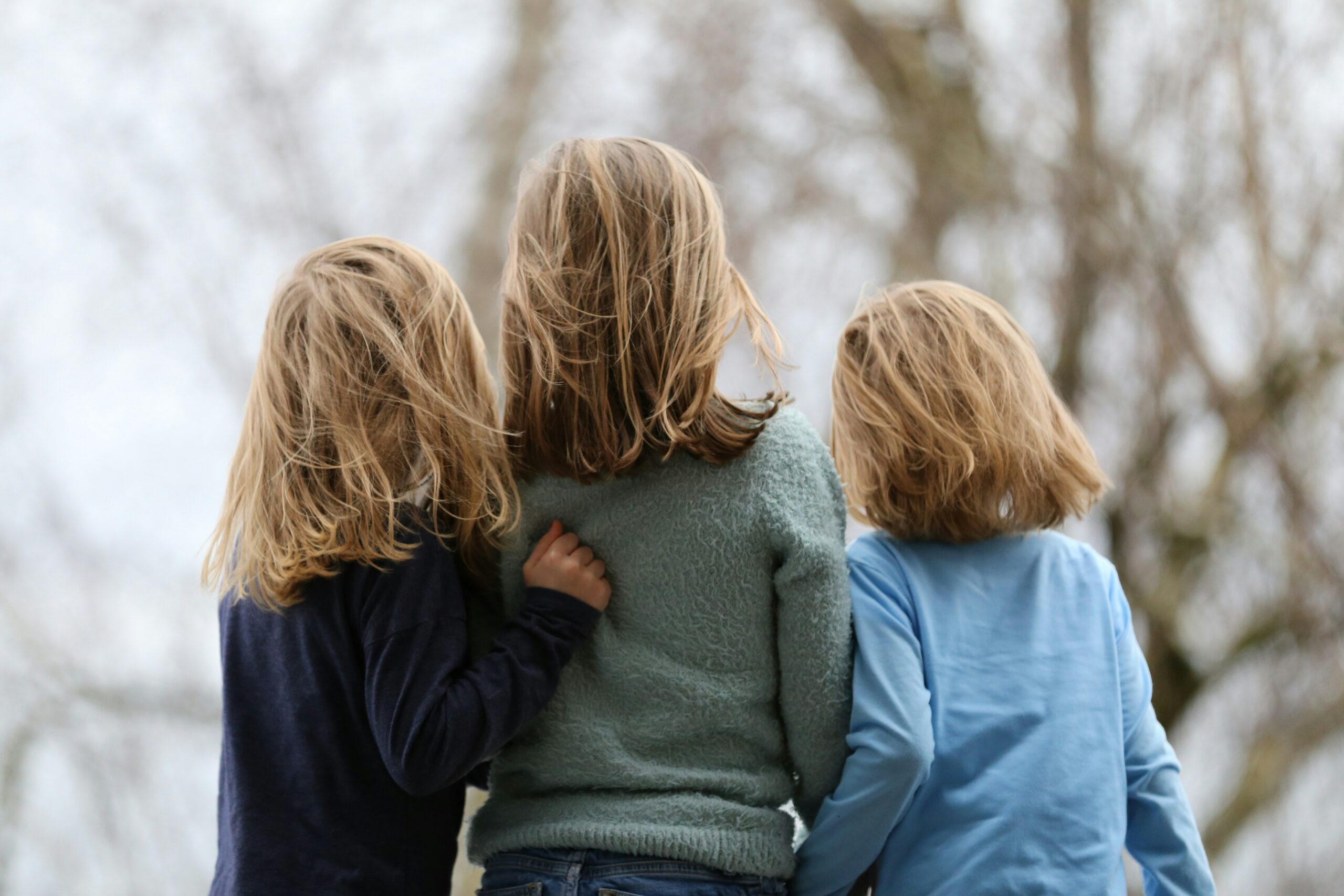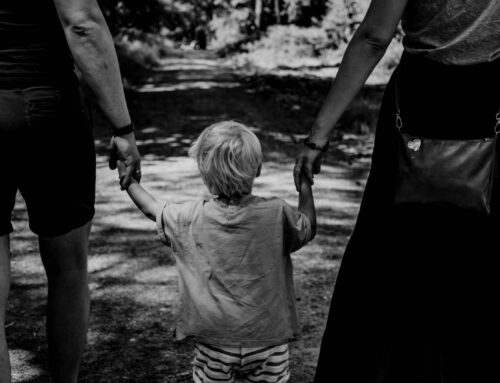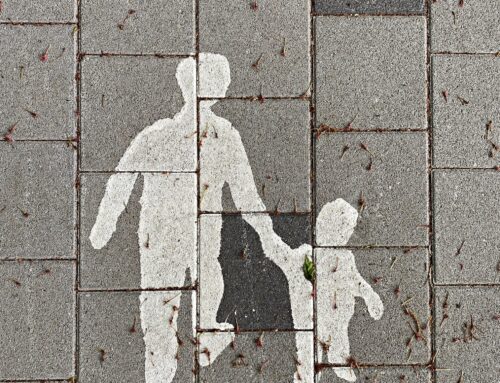Top of mind for parents making the transition to two homes is how their children will adjust. Fortunately, there are many things parents can do to help kids cope with divorce. I will often tell parents about the four key factors that impact child adjustment, especially during and post divorce. Parents have a lot of control to impact three of the four factors.
Four Factors Affecting How Kids Cope with Divorce
1. One factor is child temperament. Parents can’t change temperament. Temperament tends to have some hard wiring to it and parents have a sense from a very early age if their child has an easygoing temperament or a more difficult temperament. Unsurprisingly, a kid with a more difficult temperament tends to have a more difficult time with transition. Parents can have an impact by offering more support and consistency for such kids.
Parents can have a big impact upon the other three factors affecting child adjustment. These factors are the strength of the parent-child relationship, the parent’s divorce coping, and the degree of conflict in the co-parenting relationship.
Let me break down the three factors in which parents can make a big difference in helping their children cope and adjust well to the transition to two homes.
2. A strong parent-child relationship is foundational to a child’s development. The parent-child relationship becomes the safe base, guard rails, and shock absorber to life’s challenges. The parent-child relationship also is foundational to the child’s internal development and sense of self. A strong and secure parent-child relationship can help children cope with all kinds of life challenges, including divorce.
What does a strong and secure parent-child relationship look like? It looks like a parent being consistent and calm in their demeanor with the child. The child can trust in the predictability of the parent being there for them across circumstances and regardless of the child’s behavior. A parent’s ability to offer a calm and loving presence and to reflect empathy, care and concern for the child in consistent ways helps the child feel secure in their attachment. This doesn’t mean being perfect! It does mean trying to show up with care and concern, being responsive to a child’s needs, and offering repair when a parent is only human and messes up. A strong parent-child relationship also looks like authoritative parenting. Authoritative is neither overly permissive, nor overly strict and rigid. The child is aware there are consistent limits and structure and there is also a lot of love and comfort.
3. How the parent copes with divorce is also critical to their child’s coping. Parents are the leaders of their family. Children look to parents to make sense of the world. When parents fall apart, it signals to children their world is falling apart. If a parent is dysregulated and destabilized it is likely a child will be as well. Children can react to this dynamic in many ways. They may learn to be “parentified” or little adults, turning off their own feelings to cope and/or to take care of the parent’s emotional needs. Or, they may act out or stuff their feelings if they don’t have parental support to help them manage what they’re feeling. If a parent becomes overly consumed with their own overwhelm and abandons routines or gives less attention to children, children may feel like they have not only lost their nuclear one home family, but they have lost their parent to self-absorption. No doubt, divorce is highly stressful and life altering! When parents respond to their own stress in healthy ways, children learn by modeling healthy ways to respond to stress and change. When parents reach out to their friends, exercise, go to therapy, take time for a bath or to read a book and rest, children learn that life challenges are manageable and that change can be challenging or sad but doesn’t have to be disastrous. Children learn healthy ways to cope with life’s challenges. Children can relax and trust their parents will help them cope with the change. In this way, kids can focus on being kids and progress in their development because their basic routines have remained consistent, needs have been met, and their parent is still functioning as their parent.
4. Finally and very importantly, the research has been clear and consistent that parental conflict negatively affects child adjustment. Full stop. Children’s brain development is negatively impacted if they feel chronic underlying threat from high parental conflict. The distraction and disruption of chronic parental conflict can lead to a variety of negative outcomes for child adjustment, including but not limited to: anxiety, agitation, hyperarousal, distraction, poor impulse control, aggression, underdeveloped empathy, poor emotion regulation, poorer academic performance, behavior problems, drug abuse, teen pregnancy. Scary, huh? I hope this makes the case for the importance of parents managing their co-parenting relationship in a calm, respectful way. Children continue to need their parents and want to feel free to love each of their parents and have time with each of their parents during and after the transition to two homes. Children don’t want to feel they have to choose between their parents or live with the chronic tensions of their parents’ conflict and/or competition. Parents need to learn and practice skills to manage their big feelings, stop blaming, learn new boundaries and communication skills to continue to show up together as parents.
Children can adjust well to two homes when parents focus on strengthening their relationship with their children in healthy, emotionally attuned, authoritative ways. When parents demonstrate healthy ways of managing stress, big feelings, and change, and continue to show up for their children consistently. When parents make it a priority to put their marital feelings and differences aside in the service of their children’s needs. When children see their parents being respectful and kind in their interactions with each other. When parents take these steps to keep their children’s needs at the center of their family transition, children can feel safe, secure, loved, and supported. This is a formula for kids adjusting well to the divorce transition and to developing skills to help them cope with all of life’s challenges.
Resources
For more support consider The Quick Guide to Co-Parenting After Divorce: Three steps to your children’s healthy development
For more personal support, consider co-parenting consultation






